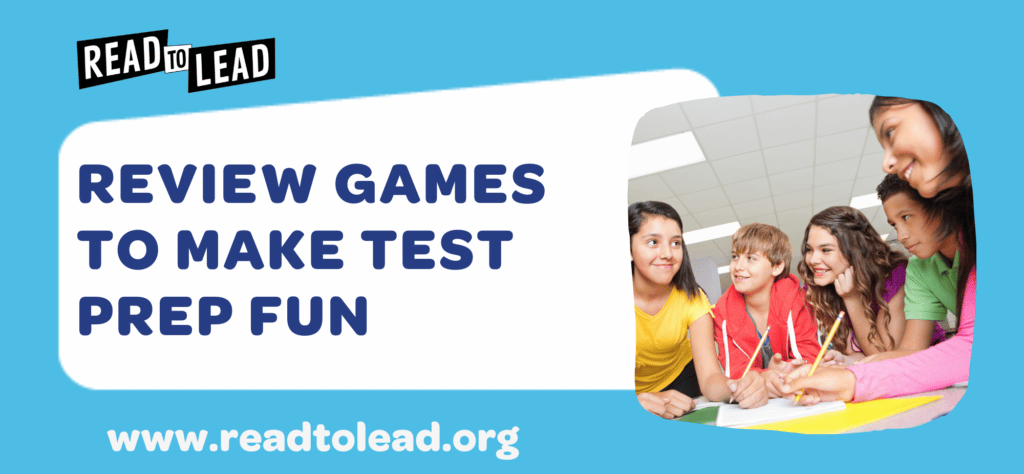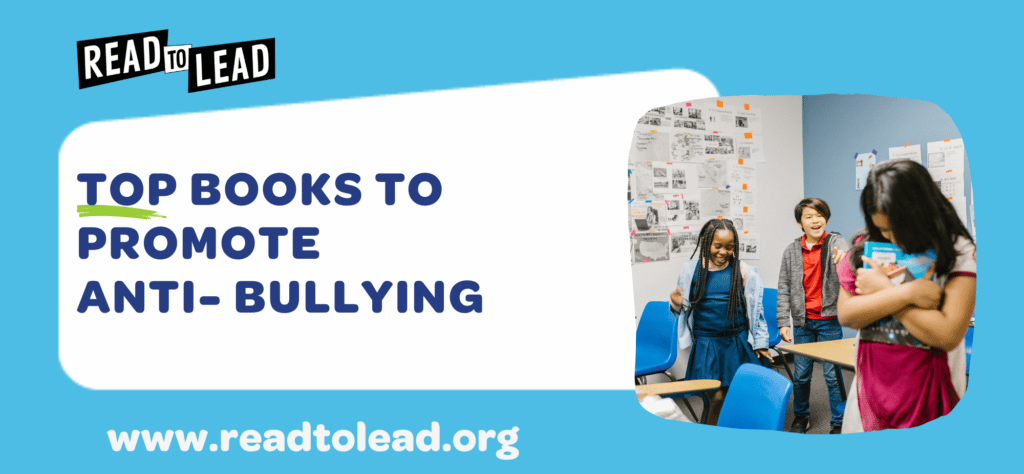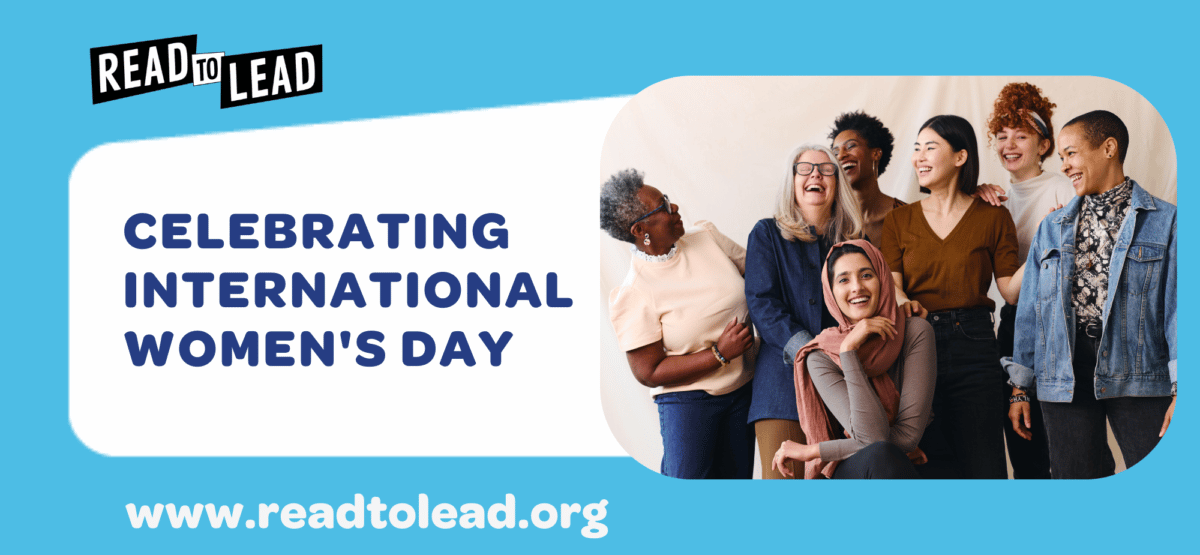
International Women’s Day has been celebrated around the world since the early 1900’s. Today, it is commemorated on a global scale on the 8th of March, as a day to celebrate the social, economic, cultural and political achievements of women.
It also holds special significance in the movement for women’s rights and gender equality. Across the world, from Cuba to Cambodia, from China to Chile, this day is celebrated through parades, marches and other symbolic observances.
Women’s Empowerment Must Begin Young
Part of the problem starts at a young age. Growing up, we look to the adults around us, both in real life and in the media, to form our concepts of who we are and our roles in society. However, women are poorly represented in the workforce in senior or decision-making positions, in management, and in government. The truth is our girls and young women lack female role models to inspire them to pursue their ambitions.
In the area of STEM, research shows that when girls have a role model to look up to, they are more likely to consider a career in this field. Deep and personal conversations with relatable mentors can also help instill confidence and impact their career aspirations, giving them the self-belief that they too can achieve greatly.
How Read to Lead Helps
Finding real-life female role models and mentors for young women can be a challenge. At Read to Lead, we believe young women should see themselves as leaders today. That’s why our learning games feature women in a variety of roles from medical assistant to senior reporter, from Director of Technology to family physician, that serve as role models for students to envision themselves in these careers.
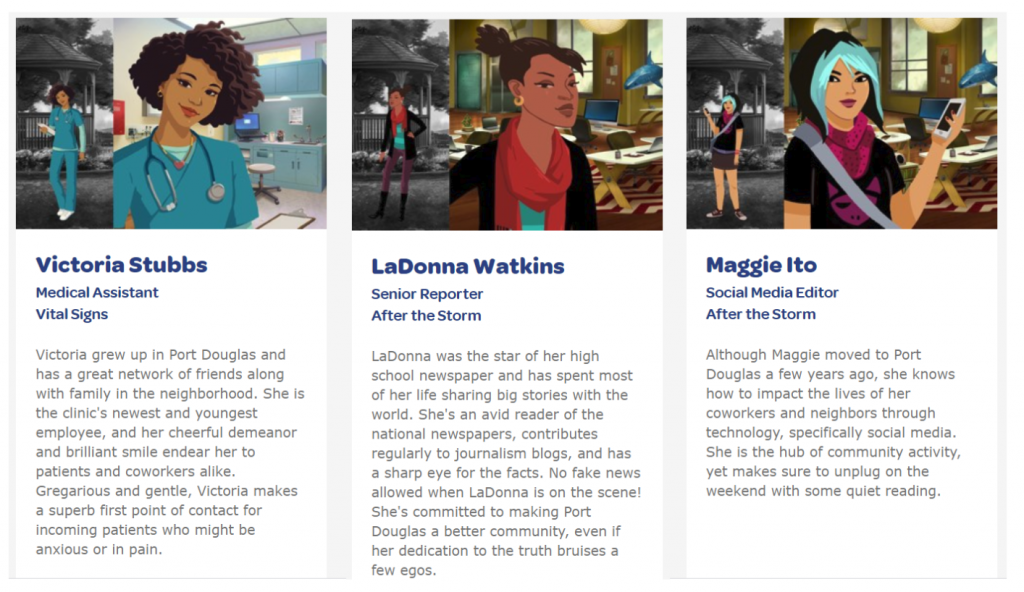
By working through the different games on the platform, students see women in key positions of leadership, as decision-makers who have the power to affect change, and as influencers whose opinions bear weight in the workforce. They also interact with these characters in an authentic workplace environment that allows them to clearly see their role, not just in their workplace but in the community as a whole.
Read to Lead also offers students a chance to learn more about the workforce skills necessary to perform their jobs effectively. Interpersonal skills, communication skills, even just having the confidence to speak up and voice their opinions are some of the critical skills young women can gain from using this platform.
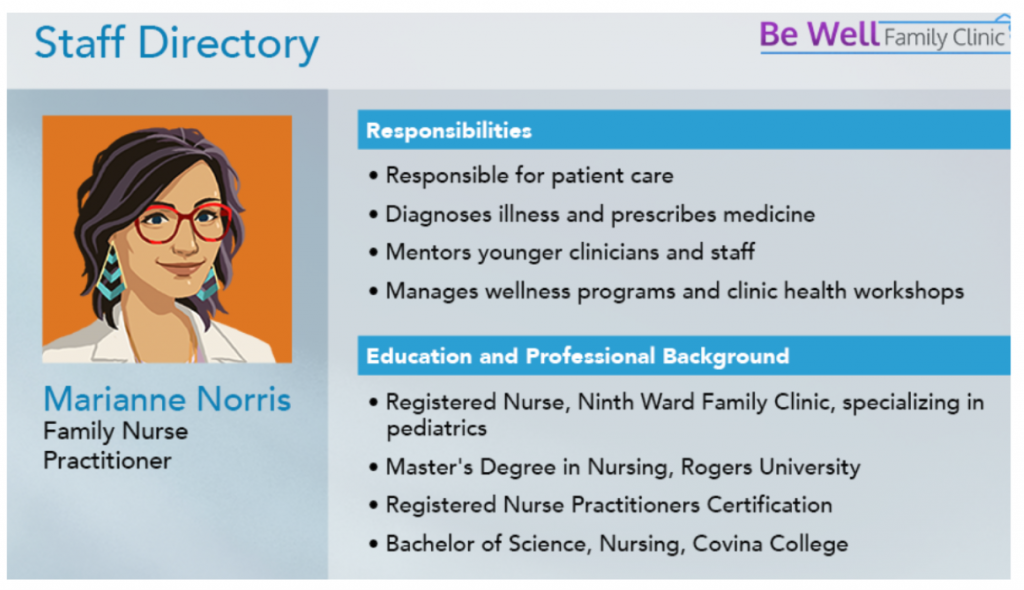
For example, in the Vital Signs game Sick and Tired, students help Victoria, the new medical assistant at the community clinic, find the confidence to speak up when she thinks she’s discovered what is wrong with the patient, in order to help the medical team give her proper treatment. By helping students develop these essential skills, we are empowering them to take on challenges they may face as they enter the workforce in the future.
As a society, we have not tapped into the full potential of half our population. This untapped potential is a great loss, and we should be aiming to unlock more of the talents of all our students, including young women. Read to Lead can provide an opportunity to share how women can be leaders, influencers, and change-makers in the workplace, and inspire young women to pursue their ambitions.
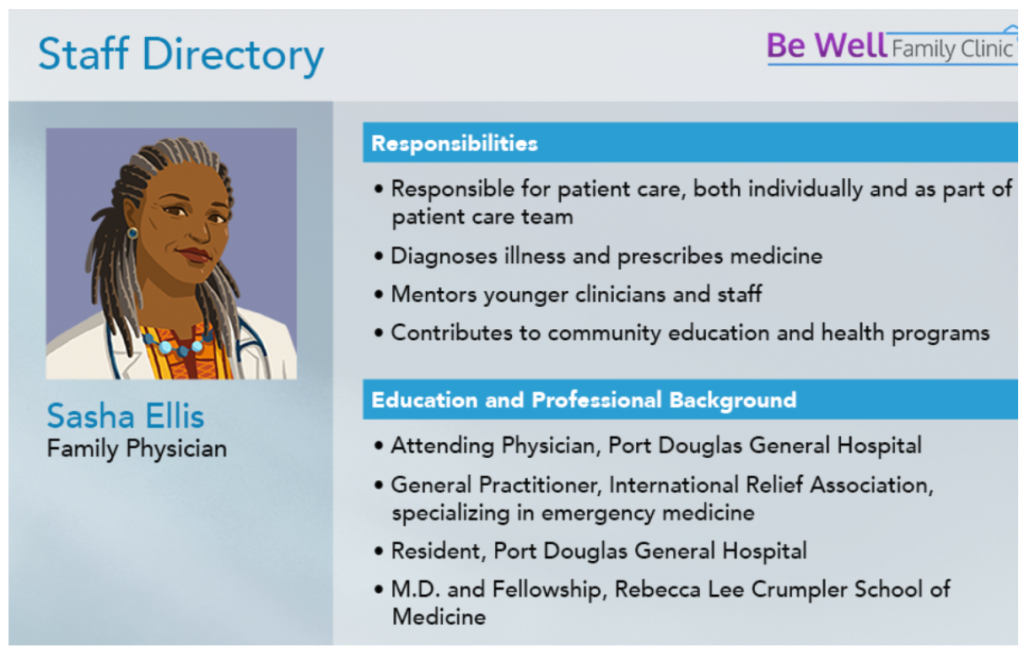
This International Women’s Day, share Read to Lead with your students to show them women in leadership positions in the workplace, and inspire them to strive for greatness. How are you empowering the young women in your classroom to pursue their ambitions and create a more equal workforce?
About Read to Lead
Read to Lead uses the power of game-based learning to empower middle school students to build literacy, life, and career skills. Teachers can sign up for a free account to get started!

